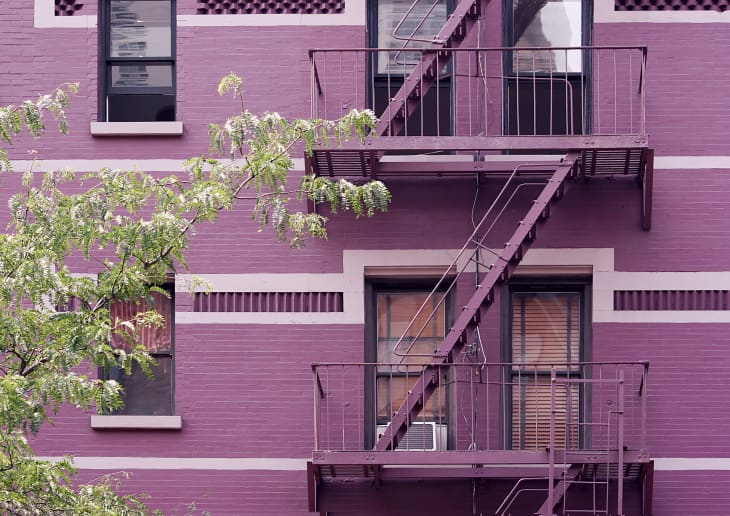Rent Prices Are on the Rise Across the U.S. — Here’s What You Need To Know

If you’ve shopped at a grocery store or filled your car with gas lately, you’ve likely experienced some amount of sticker shock. Inflation is skyrocketing, which means we’re paying higher prices on just about everything.
And if your lease is up for renewal or you’re hoping to move into a new apartment soon, you may be similarly surprised to see how expensive rent is right now.
Median rent prices increased 12.3 percent last year for one-bedroom apartments, according to a national analysis by rental marketplace Zumper. Median prices for one- and two-bedroom units also reached all-time highs in February: a one-bedroom apartment is now $1,393 per month, while a two-bedroom is $1,708. (The median is the halfway point between the highest and lowest rents.)
Of course, those are national stats — rents went up in some parts of the country and dropped in others (and, in fact, moving to a lower cost-of-living area is still one of the best ways to lower your living expenses and keep more cash in your pocket). Still, as a tenant, it’s important to understand what’s going on with rent prices broadly so you can plan your budget accurately. Here’s what you need to know.
High Home Prices Are (Partially) to Blame
Home prices are sky-high right now, which means that many first-time homebuyers can’t afford this big purchase. Because they’re priced out of the homebuying market, they’re continuing to rent instead, which is creating a mismatch between rental supply and demand — too many renters, not enough apartments.
“The demand for rental properties has increased as buyers who would like to buy are having trouble competing in this uber-competitive market,” says Maggie Wells, a real estate agent in Lexington, Kentucky.
COVID Deals Are Ending
When the pandemic hit the U.S. in early 2020, people began moving out of big cities in droves. This prompted rent prices to fall in places like New York and San Francisco — and the people who stayed in (or moved to) these cities were able to sign leases at more affordable rates and get some pretty sweet perks.
Now, though, as the pandemic eases, people are moving back to big cities and rents are climbing back up to normal. Because renters were able to get such good deals during the pandemic, including longer-than-normal leases, there are fewer apartments to go around right now.
“I have had a few clients describe the experience of looking for an apartment as ‘The Hunger Games,’” says Natalee Bloom, a real estate broker in Manhattan. “Many clients who stayed in New York City got a COVID deal with prices that were 25 percent below average rents, longer leases, and many concessions. Now, inventory is lower due to longer lease lengths. What is coming on the market is not staying.”
Along those same lines, some people moved in with family during the pandemic, which meant they paid little to no rent for many months (and they weren’t spending as much on other expenses, like entertainment, travel, and dining out, either). Now, they’re getting back out there and splurging on rentals, which is also driving up prices.
“Many renters are sitting on savings they accumulated during the pandemic when there weren’t many fun ways to spend, and they are putting that money towards bigger and nicer rentals,” says Daryl Fairweather, chief economist at Redfin.
High Rent Is Likely Here to Stay
Supply chain issues and labor shortages are making it challenging for developers to build new houses and apartment buildings, thus further adding to the mismatch of supply and demand for rental units.
Hopefully, these issues improve and more new apartment buildings open up, but it may take a while. In other words, don’t hold your breath that your landlord will benevolently lower the rent anytime soon.
“With supply as low as it is, it seems unlikely that rents will fall anytime soon,” says John Walkup, co-founder of real estate analytics company UrbanDigs.